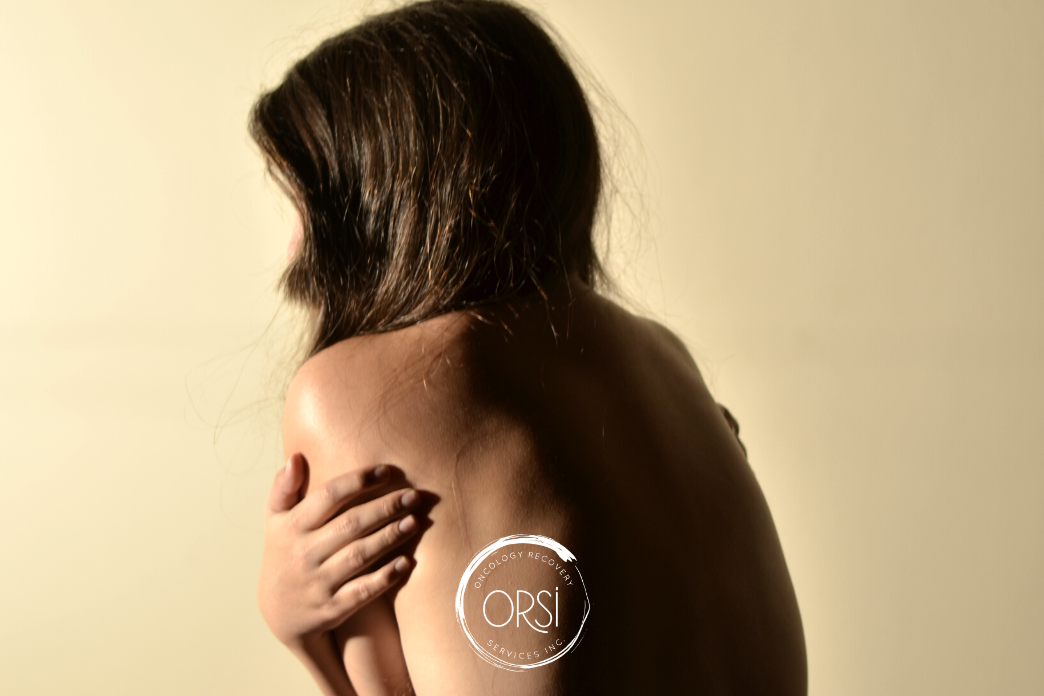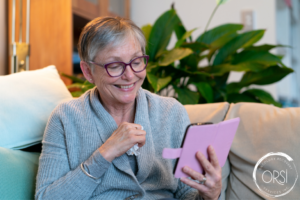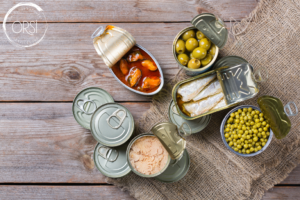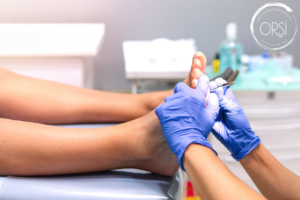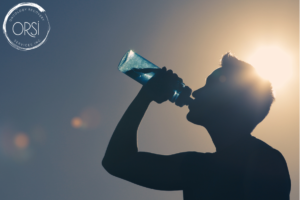Being told you have cancer is a surreal experience, especially at the age of 33.
Then to make matters worse, you’re told you have to have your breast removed, quickly. My tumour was 115mm, ginormous as far as breast cancers go, so the decision to have a mastectomy was ultimately made for me. If I wanted to live, it had to be done.
There wasn’t much discussion about taking the unaffected breast. I knew I wanted to avoid that. “Leave the bits of me that are ok, alone!” Although I was single and not thinking about having children, my surgeon had the foresight to know that maybe one day I would be, and breastfeeding could still be an option.
Choosing a breast reconstruction pathway
Then came the discussion about reconstruction. It all happened so quickly among a flurry of appointments and scans that I found myself being guided a lot by my surgeon. Their advice was to take my time and concentrate on treating the cancer first.
Knowing that immediately after the mastectomy I would have active treatment, the decision was made to do an immediate reconstruction with tissue expander. This would allow me a faster recovery in order to cope with chemotherapy and protect the area from the effects of radiation.
Cancer treatment has a huge impact on energy levels, immunity and mental health, among other things. Reconstruction can’t happen immediately after all of this, as your body needs time to recover. This is a good time to start exploring options both medically and financially.
For me, I didn’t want my body to be cut open in areas that were perfectly healthy. I didn’t want the scars, or the long recovery times that went with flap surgeries. As a young woman, I also didn’t want to be flat on one side, so I opted for an implant reconstruction with fat grafting.

The road to recovery after breast reconstruction
Recovering from breast reconstruction doesn’t happen quickly, but with persistent work, it does get better. I was shocked to discover the impact a mastectomy had on my shoulder, back and arms. I experienced pain, cording, loss of strength and limited range of motion.
As a violin player, this was not ideal, and I spent many nights crying and worrying about never being able to play or play well again. I had also developed fibrosis from the radiation therapy and my skin was more sensitive to certain fabrics.
All of this had a huge impact on my self-esteem. I found it extremely confronting to see and feel this foreign thing stuck on my chest and I just wanted to rip it off.
As a young, single woman I was, and still am, afraid of how others might react to seeing a reconstructed breast. This and other changes to my body brought on by medically induced menopause meant that I couldn’t look at myself in the mirror at all, with or without clothes.
I did persist and kept going to the physiotherapist and psychologist who were crucial in helping me to overcome some of these limitations. Living on my own, I was forced to push myself to get back to doing daily tasks like cleaning and laundry, as much as I didn’t want to!
Before too long, things started to improve, and I found myself looking for new ways to maintain the momentum. This requires consistent effort, and my goal is to be as pain-free and comfortable as possible.
My piece of advice for anyone undergoing breast reconstruction
There are two things that stand out to me and that I would share with anyone undergoing breast reconstruction. Take your time and explore all your options.
In most cases you will be recovering from more than one surgery and various other forms of cancer treatment. Don’t underestimate the toll this takes on your body.
There is a temptation to get it done and out of the way because it usually occurs at the end of a long and arduous experience, but for the best results, allow yourself time to recover.
Cancer takes away a lot of your power, but knowledge gives some of it back. Do some research and reflect on what it is that you really want and how it will impact your life moving forward.
Reconstruction is not just about how you look but also how you feel. It’s important to find a surgeon you trust who you can communicate your concerns and desires with, in order to achieve the best outcome.
